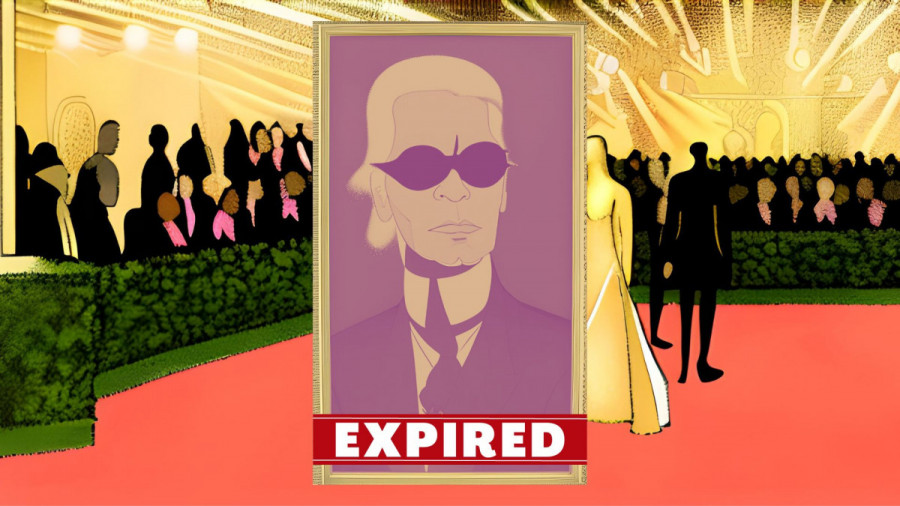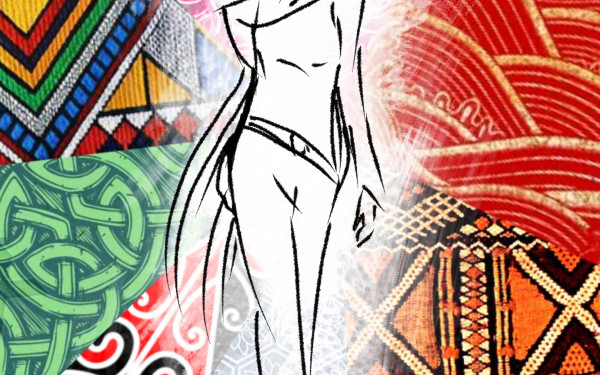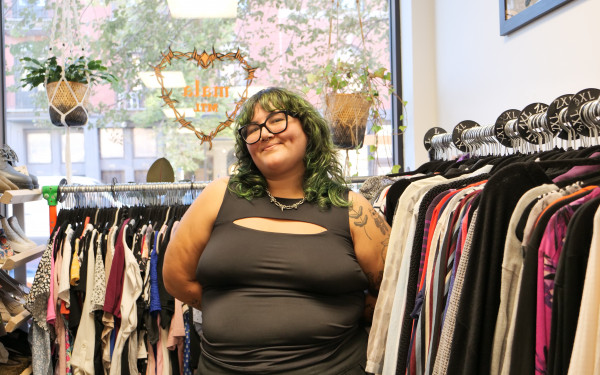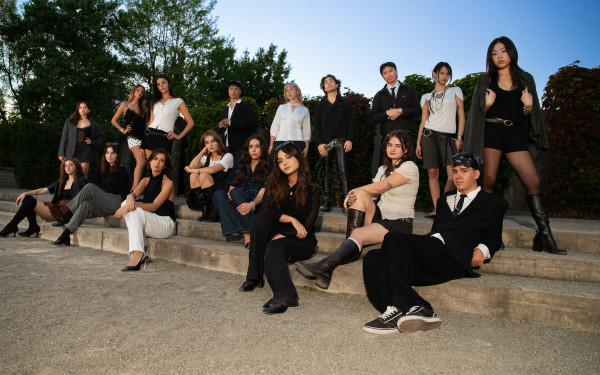The Met Gala: Karl Lagerfeld, Line of Turning a Blind Eye
The Rich, The Famous, and The Problematic
Exclusive, alluring and often controversial—like every year, the 2023 Met Gala caused a stir on social media for its exorbitant displays of wealth, outlandish fashion, and its particular theme.
This year, the gala was centred around the prestigious fashion mogul- “Karl Lagerfeld: A Line of Beauty.” However, in highlighting his work, many overlooked his past problematic behaviour.
Shortly after the theme’s announcement, celebrities, influencers and fashion lovers started openly criticizing this year’s glorification of Lagerfeld.
His list of insensitive, hurtful and extremely problematic statements spanned his 54-year career in the fashion industry. His legacy was built on degrading women who didn’t feel comfortable undressing in front of men, putting blame on sexual violence survivors and often hiding his own insecurities by insulting others.
In 1984, while designing a collection for Fendi, Lagerfeld used the words “shaped to be raped” to describe the bodycon-style dresses on the runway. In 2010, he shot a campaign with model Claudia Schiffer, where she wore blackface for the German magazine Stern Fotografie. In 2017, he commented on Germany’s acceptance of refugees from Muslim-majority countries, claiming that the migrants were “an affront to Holocaust victims.”
Lagerfeld made a name for himself when he designed for Chanel, Fendi, Chloe and Balmain. While many say he revolutionized the fashion world over the years and became an inspiration for many, the designer often found himself in hot water for his opinions. Over the years, the list of his extreme views grew more and more outrageous.
Racist, sexist, homophobic and fatphobic, he was never afraid to express his point of view, as hurtful as it might have been.
Putting Lagerfeld on a pedestal for millions of viewers to admire should have consequences. All the minority communities who have been hurt over the years may once again feel forgotten and disrespected because a white man with extreme views is highlighted by the most talked about event of the year.
No matter the backlash, Lagerfeld used his position of power to disregard people’s humanity.. All with virtually no consequences. We still talk about Chanel and Fendi, and even after his passing, he is held on a high horse for his artistic talent.
Undeniably, Lagerfeld was a man with immense privilege. Shrugging off his behaviour because he is famous, or admiring his work with careless neglect, his supporters are as much a part of the problem.
In turn, the Met Gala has also become complicit in honouring him. Andrew Bolton, curator of the Met's Costume Institute, told the Business of Fashion podcast, “We wanted to focus on the work rather than the words or the man.”
He continued: “Because, yeah, he was problematic. There were things he said that were, yeah, difficult. And, again, did he mean it? Or was it a deflection? I don’t know, it’s hard to know.”
More concerningly, why do we still give a platform to Lagerfeld knowing his problematic behaviour? It bears questioning whether or not we have moved on from the radical fashion industry of the past. It certainly has come a long way since the sample size model and the obsession with unrealistic beauty standards which often caused models to suffer from eating disorders. More high-fashion brands and agencies have started catering to different body types and skin tones. The industry is slowly trying to get away from the size 0 standard that it has become so familiar with, showing that fashion is accessible to all shapes, sizes and ethnicities, not just those that can fit into the clothes.
It took me a few days after the Met Gala ended to fully process the theme. In my eyes I found it to be creative, fashion-forward and talented—characteristics that seem to describe Lagerfeld’s work well. However, his lack of kindness, open-mindedness, and compassion has left a bad taste in my mouth.
So, my question is, where is this “Line of Beauty” that the Met Gala seems to push? All the fancy jewelry, tweed suits and bridal gowns cannot hide the horrid human being Lagerfeld was. It's time to honour designers pushing toward a more progressive future in fashion. For a change, we should focus on them, rather than romanticizing the past. Times have changed, and benefits such as the Met Gala need to get with the system. Anna Wintour, take notes.







